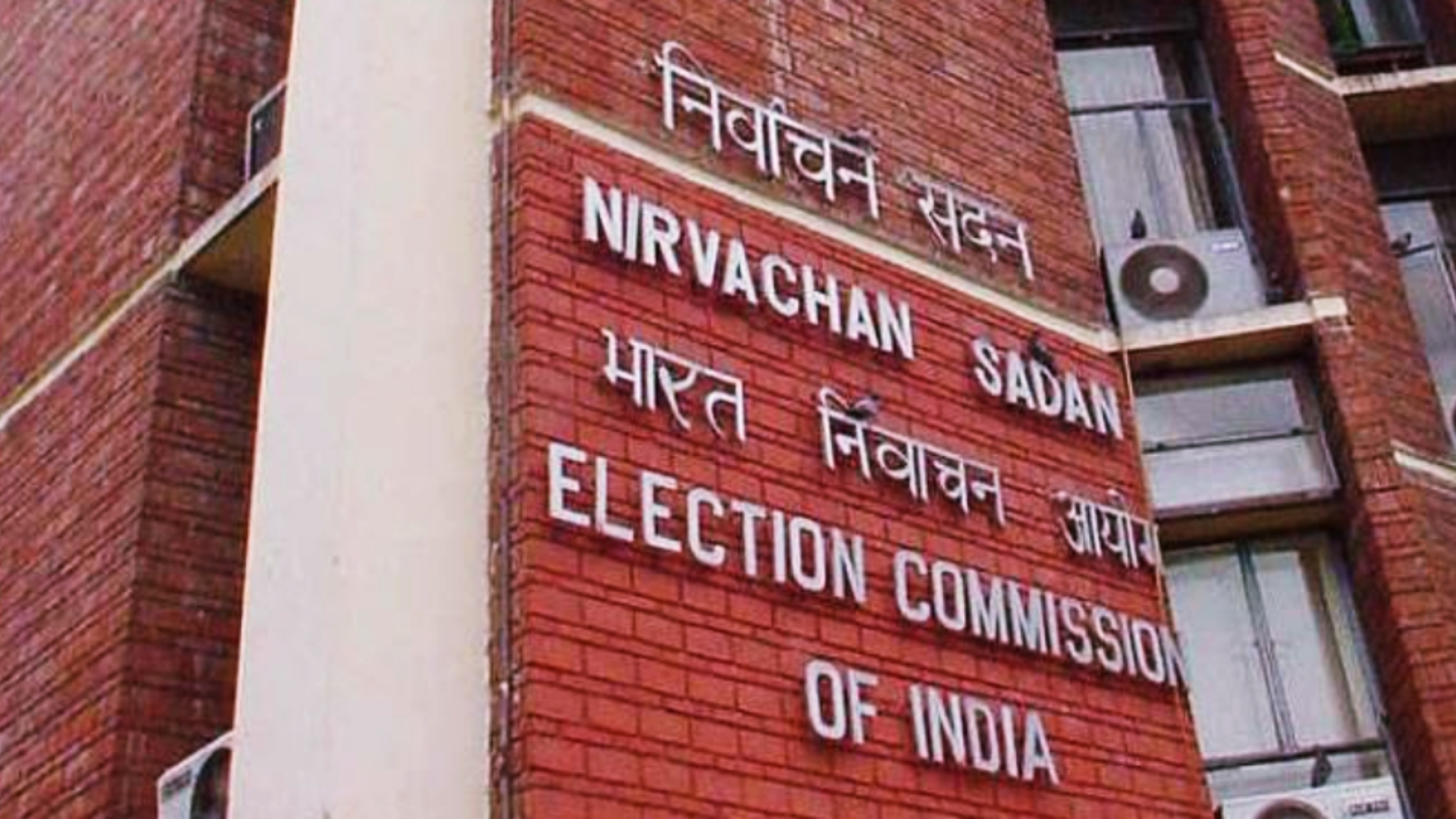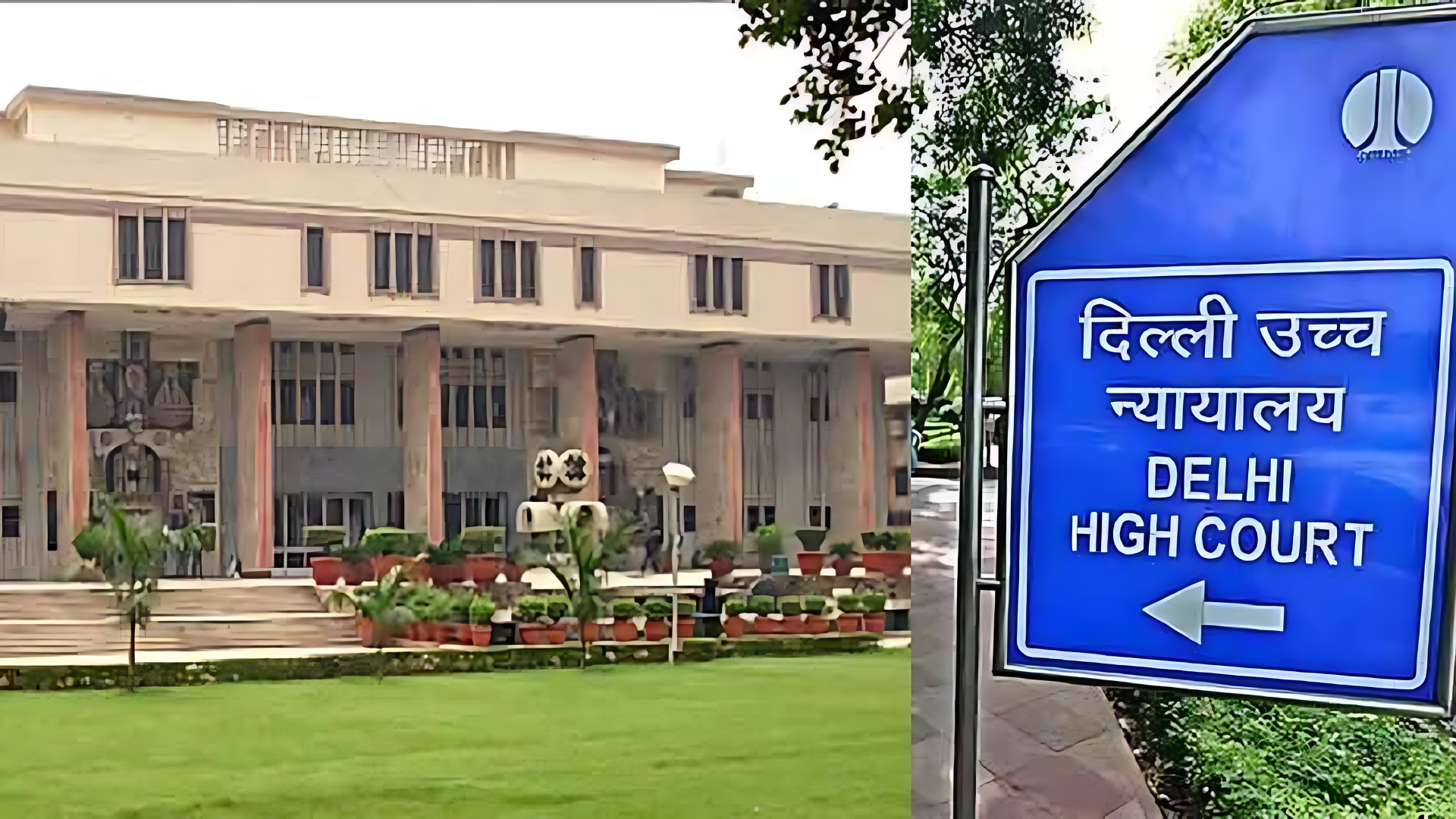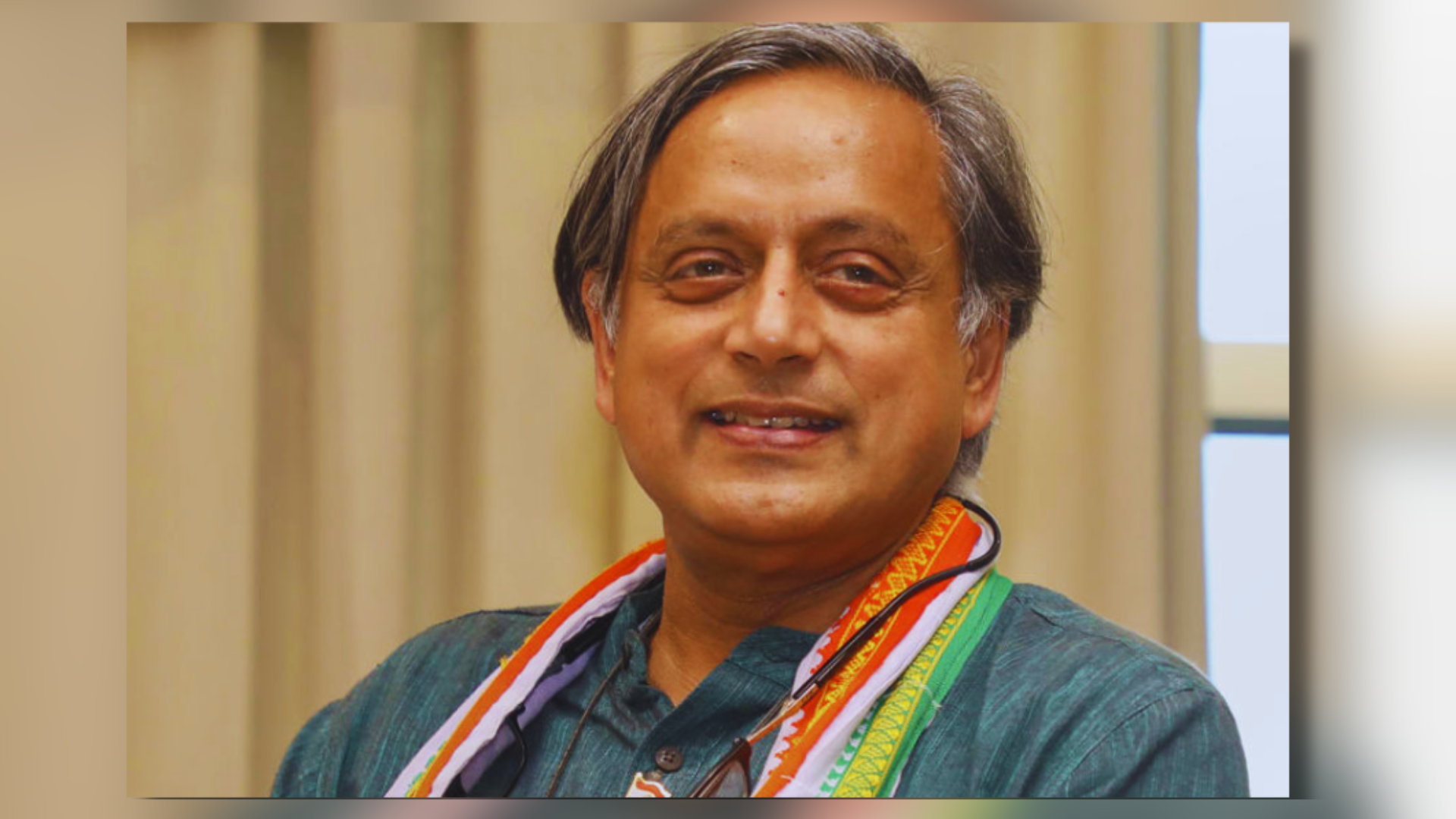


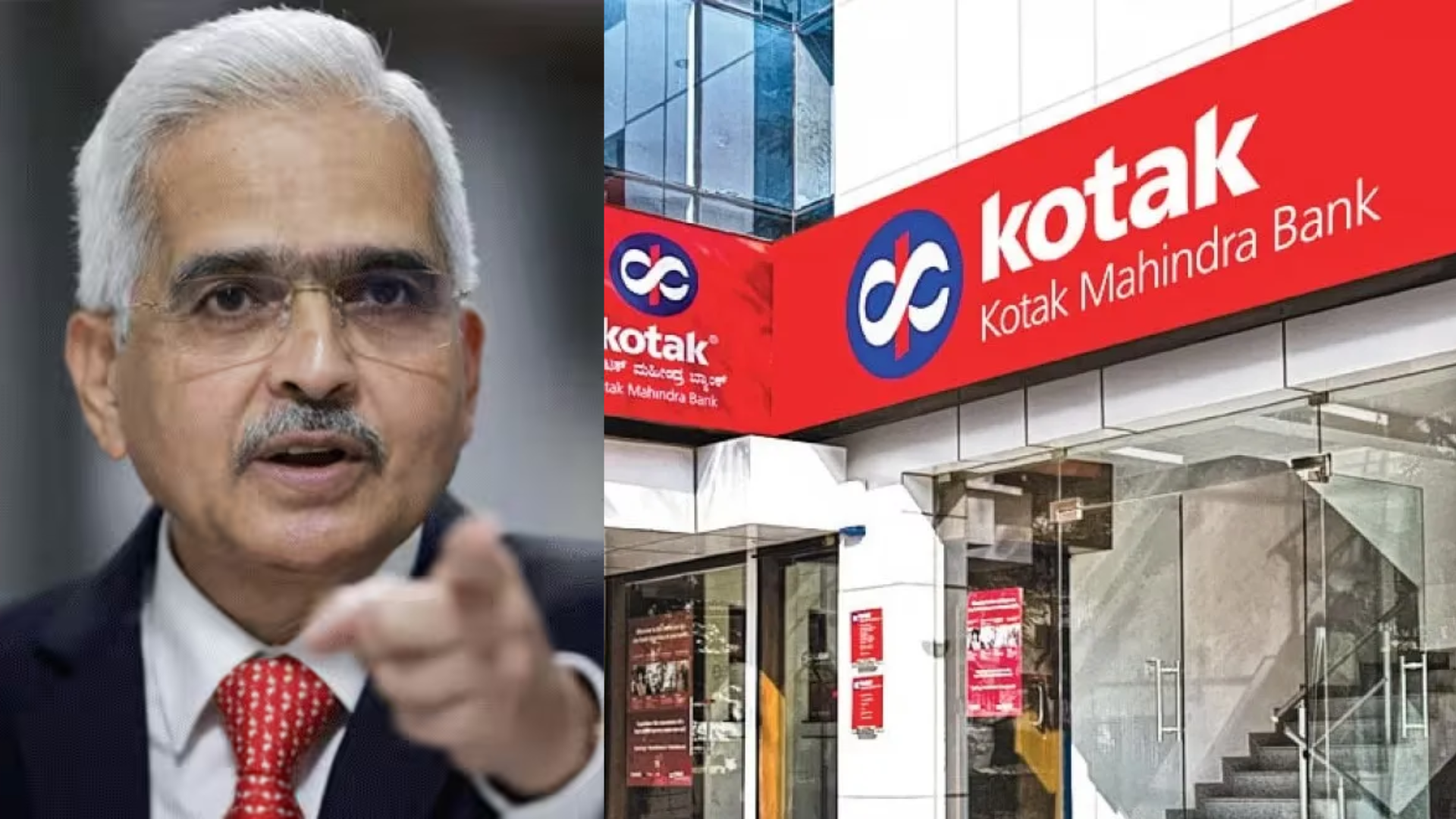
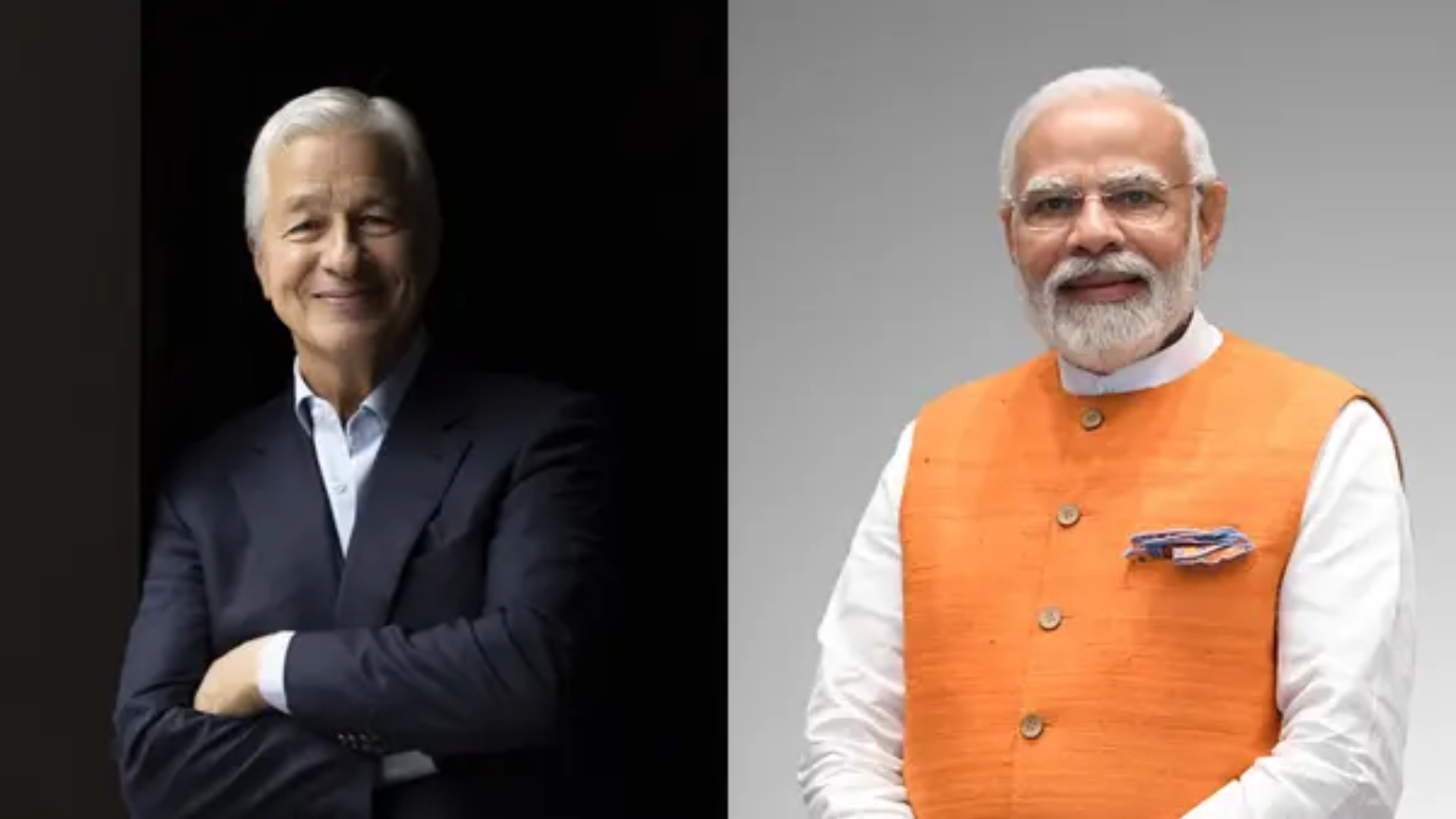

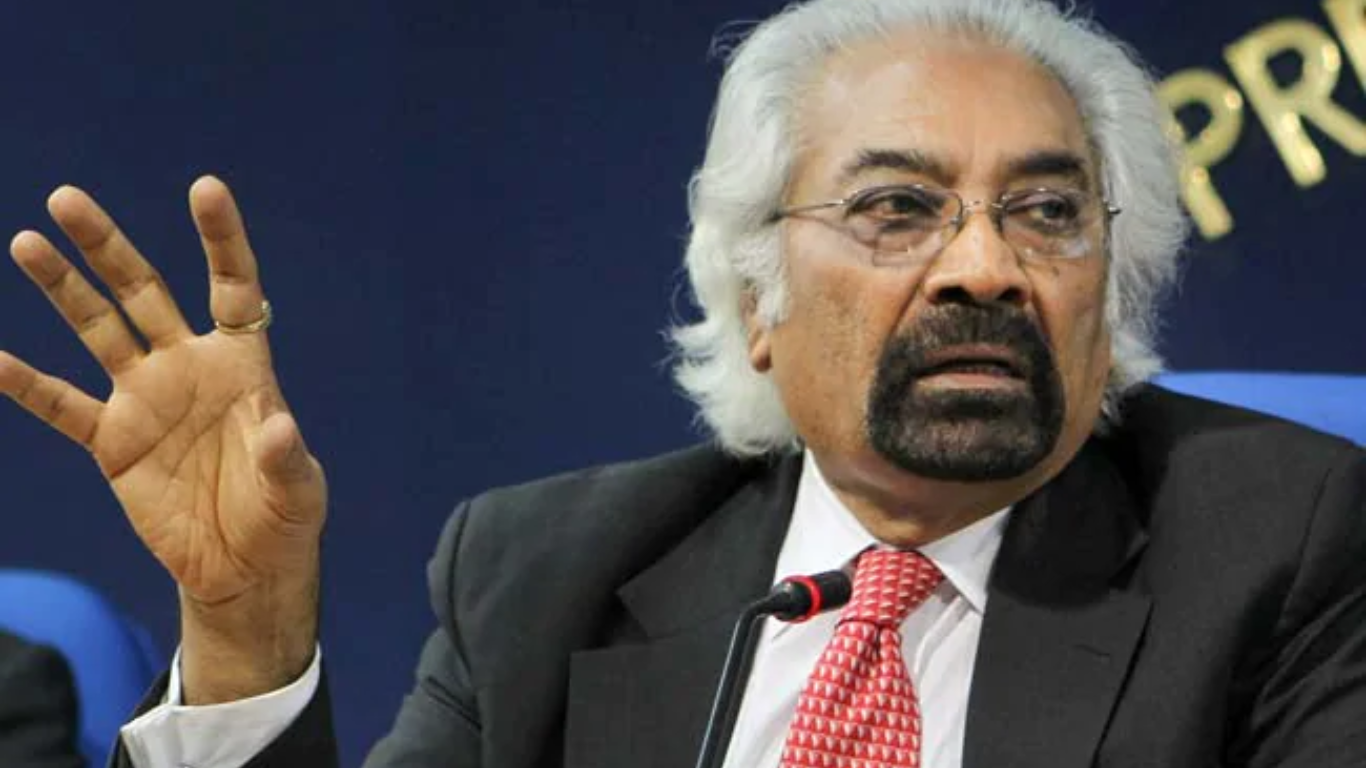


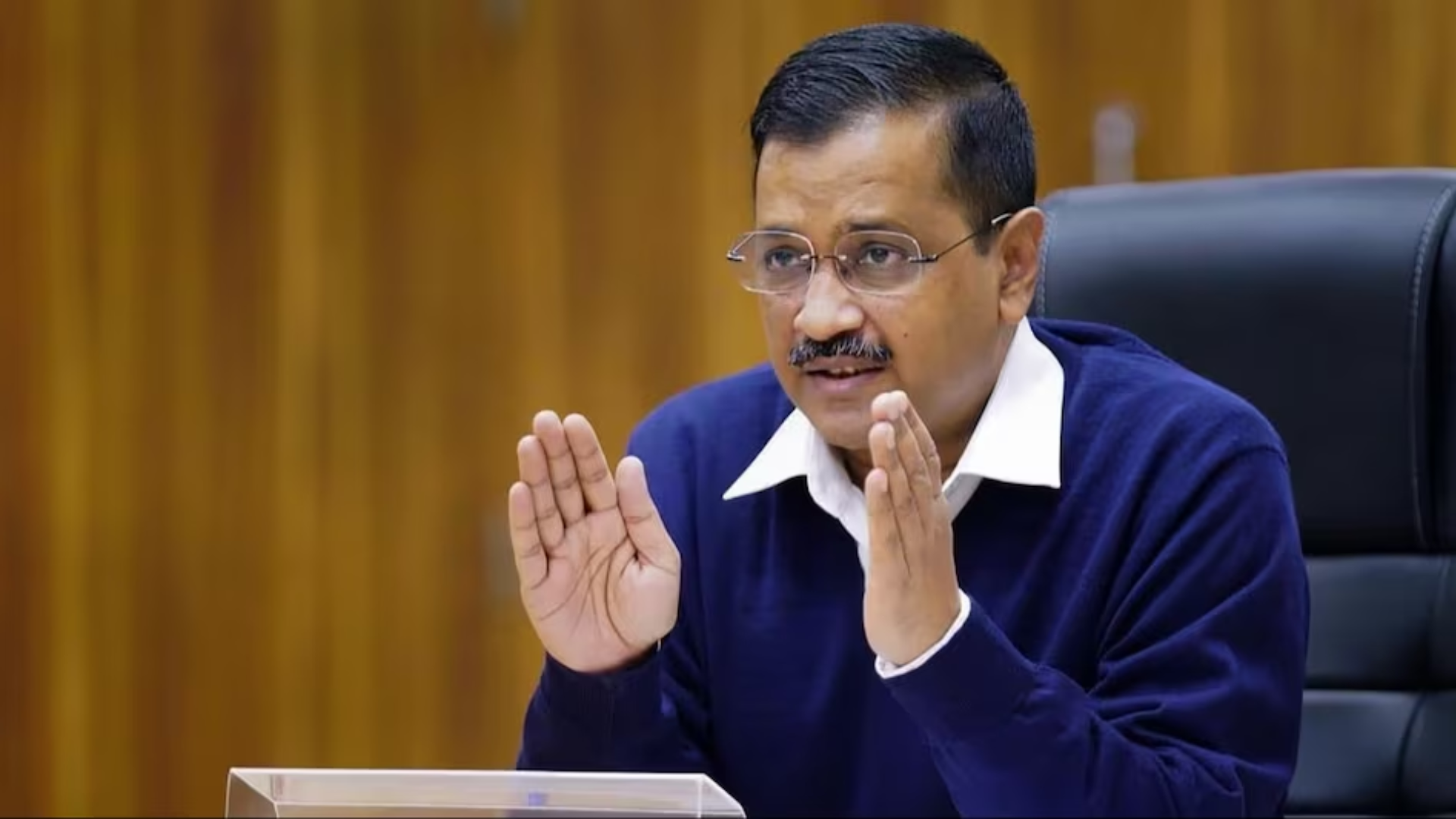
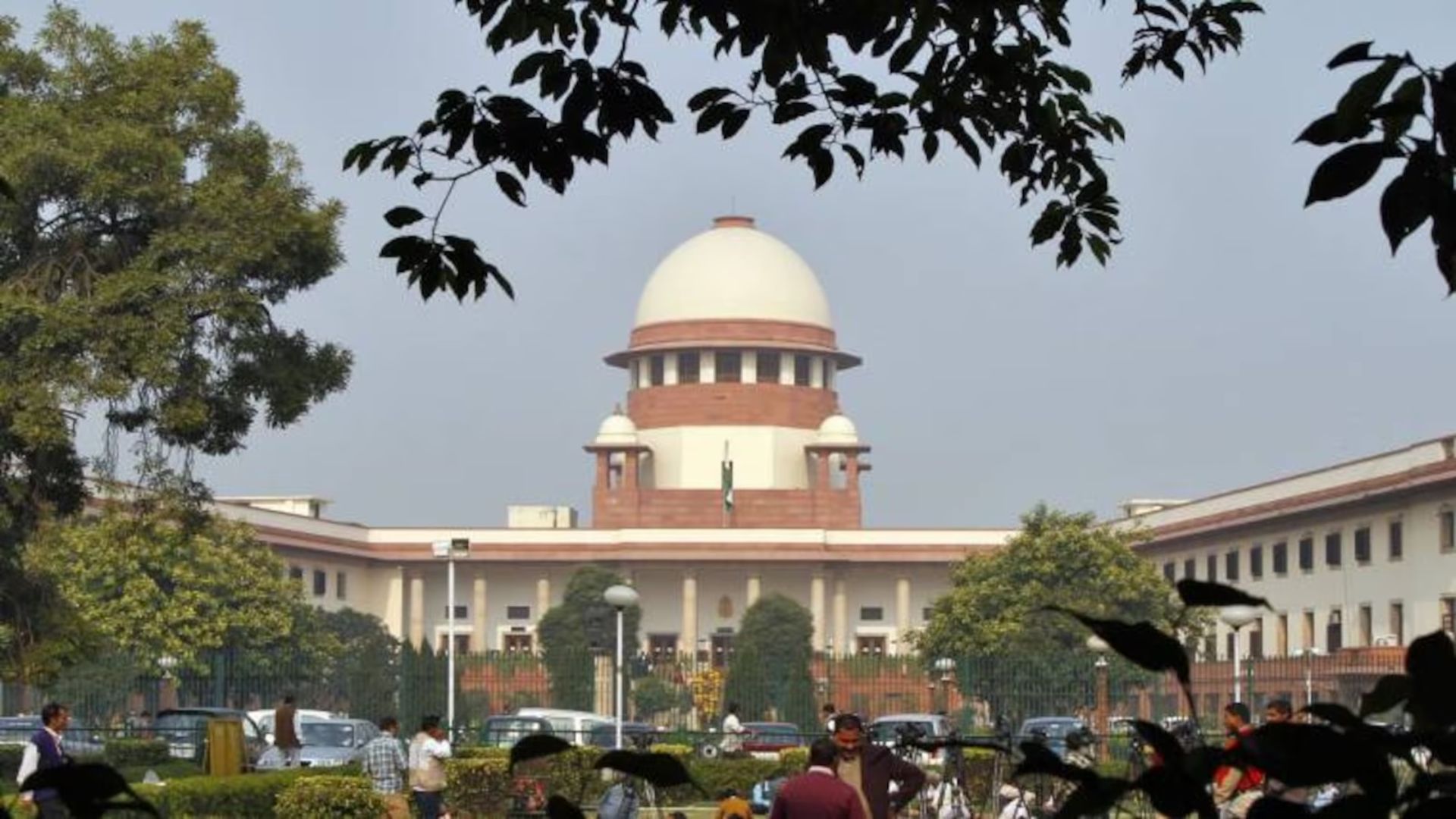
The Supreme Court on Thursday struck down the electoral bond scheme – a mechanism that allows anonymous funding to political parties.
Electoral bonds are legal tender that can be bought by individuals or businesses in India and function similarly to promissory notes or bearer bonds. The bonds are specifically intended to be used as a means of funding political parties.
The State Bank of India (SBI) is the issuer of these bonds, which are offered for sale in multiples of ₹1,000, ₹10,000, ₹1 lakh, ₹10 lakh, and ₹1 crore. Under this scheme, corporate and even foreign entities were able to make donations with 100% tax exemption, and both the recipient political parties and the bank kept the donors’ identities private.
What is the process for making donations?
The bonds can be bought to donate to a political party via a KYC-compliant account. The political parties will have a deadline to encash the donations after the funds are transferred.
Notably, there is no limit on the number of electoral bonds that a person or company can purchase.
For whom are electoral bonds applicable?
As per the scheme’s provisions, electoral bonds can only be obtained by political parties that are registered under Section 29A of the Representation of the People Act, 1951 and have garnered at least 1% of the votes cast in the most recent elections for the Lok Sabha or a state legislative assembly.
Scheme for electoral bonds and the case
The 2017 Budget Session saw the initial announcement of the electoral bonds program by former finance minister Arun Jaitley. Then, in January 2018, money bills bringing changes to the Finance Act and the Representation of the People Act informed it that it was a source of political funding. Some amendments to the Companies Act, Income Tax Act, Foreign Contribution Regulation Act (FCRA), and Reserve Bank of India Act were made by the Center in order to put the scheme into effect.
But the CPI(M), Congress, and a few NGOs filed a number of petitions in the Supreme Court challenging the constitutionality of the electoral bonds program. On October 31, of last year, the hearing into this matter got underway. The petitioners presented a number of arguments regarding the scheme, including its legality and potential threat to the nation. The petitioners claim that the plan encourages corruption, grants access to shell companies, and infringes on their right to information. Kapil Sibal, a senior advocate and member of the Rajya Sabha, had brought up the issue of a political party using donations for purposes other than elections.
The Supreme Court declared on Thursday that the electoral bonds program must be abolished because it is “unconstitutional,” setting a precedent for future cases. On a number of appeals contesting the legality of the electoral bond program of the central government, which permitted political parties to receive anonymous funding, it has rendered a unanimous decision.
“In a very significant judgment which will have a long-term effect on our electoral democracy, the Supreme Court has struck down the electoral bonds scheme and all the provisions that were made to bring it into effect in the income tax act, in the companies act, etc. everything has been struck down. They have held that this violates the fundamental right to information of citizens to know about who is contributing this much money to political parties,” advocate Prashant Bhushan told reporters on the Supreme Court’s verdict.
As per the scheme’s provisions, any Indian citizen or entity that has been incorporated or established in the nation may purchase electoral bonds. Election bonds may be purchased individually or in combination with other people. Electoral bonds could only be obtained by political parties that were registered under Section 29A of the Representation of the People Act, 1951 and that received at least 1% of the votes cast in the most recent Lok Sabha or state legislative assembly elections.
The four petitions, which were filed by Congressman Jaya Thakur, the Communist Party of India (Marxist), and the non-governmental Association for Democratic Reforms (ADR), were among those on which the Constitution bench, which also included Justices Sanjiv Khanna, BR Gavai, JB Pardiwala, and Manoj Misra, began hearing arguments on October 31 of last year.
#ElectoralBondsVerdict | ‘The contributions made through the electoral bond is infringement of the disclosure agreement. This information was never disclosed’, CJI’s observation on the electoral bond pic.twitter.com/9zUQ4erQ6w
— NewsX (@NewsX) February 15, 2024
The supreme court emphasized during the case that the electoral process’s monetary component needs to be decreased.
#ElectoralBondsVerdict | Thulasi K Raj, SC Advocate (@ThulasiKRaj1) says ‘This is a major breakthrough and will be a major announcement in contemporary constitutional law’
Watch the telecast with Vineet Malhotra (@malhotravineet7) on #NewsX pic.twitter.com/FywoSbZKJI
— NewsX (@NewsX) February 15, 2024


